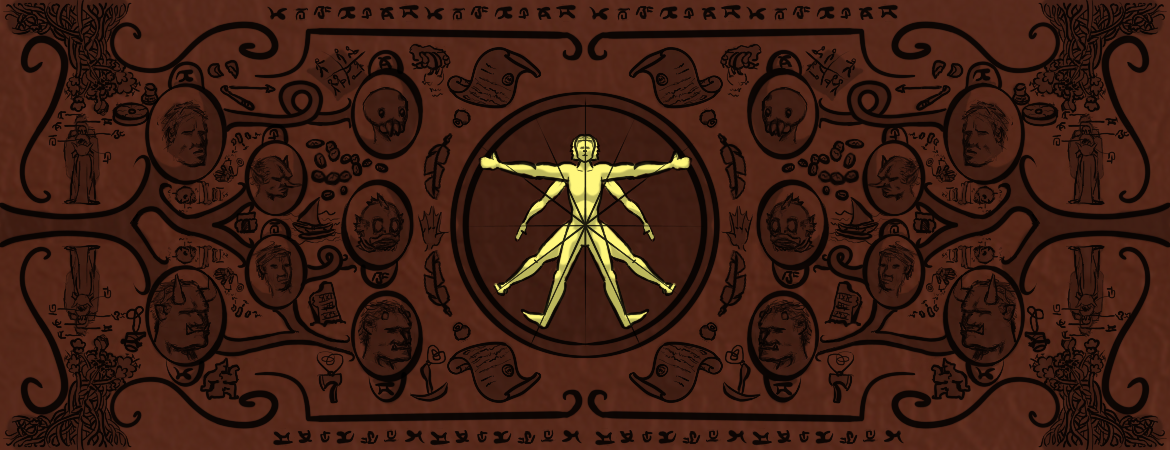Locathah Death Rites and Cookout
When you live underwater, corpses have an irritating tendency to hang, or rather float, around. In the rough world in which Locathah have always lived, practicality always had to battle with sentimentalism, but in this one case, the two have been melded amenably.
Other folk think it's completely disgusting and undignified, and as usual we are inclined to agree, except that non-Fishfolk have no idea how damn delicious we are. It's like surf-and-turf, but better and more literal.
History
Locathah have always lived by or under the water, and down there the neutrally-buoyant bodies of extinct relatives are difficult to dispose of. For this reason, and to help with the occasional scarcity of food, the folk have developed a gristly but oddly dignified practice which suits the mood and benefits the deceased's family at the same time. The pomp and solemnity which accompany the rite are the result of long tradition and transform the practice into a mingled celebration of the deceased's life and a reminder of the fleetingness of our mortal existence.
Execution
The dearly departed is floated into an open space, a cloth tied over his or her face. First the guts are removed and placed in a bucket for baiting crab traps. Then, the knife is inserted right behind one gill. It is run down the spine through all the thin little ribs until it reaches the tail, and then the body is flipped and the cut is repeated on the other side. This creates two perfect fillets. The fins are cut free at this point, and any residual flesh on the limbs is cut free. The head and bones are reserved for making stock. The relatives then set to the wake, where all the bereaved swap stories about the person while picking all those little bones out of the fillets.
Components and tools
A long, sharp, curved fillet knife is used, and a wooden table with running water, a bucket for the guts, and a pot for the head and all the bones.
Participants
The town elder or a priest is usually given the honor of the actual cleaning. A close relative, either the spouse or child of the departed traditionally provides the grill or frying pot and breadcrumbs for doing up the fillets, and the next closest kin bring the pot and a cooking frame to start the stew which is traditionally simmered overnight and eaten the next day. Other folk bring fixings for the stew, including extra fish and all the vegetables they can find. The departed's youngest near kin is normally given the role of Lemon Girl or Lemon Boy, and he or she brings the lemons and the pepper and, since the introduction of the New World crops, may bring ten pounds of potatoes for the chips.
Observance
The rite is always observed as soon as possible after the death; everybody agrees that Grandpa tastes best if he spent the last night in the ocean.
Related Ethnicities
Remove these ads. Join the Worldbuilders Guild









Comments